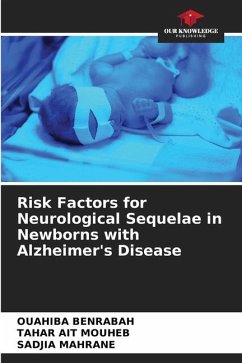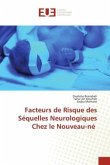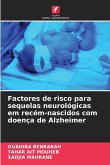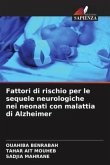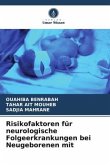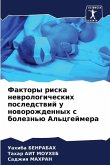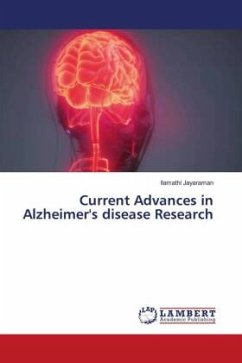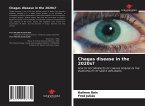Jaundice in the neonatal period is an extremely common condition. The condition is usually benign and resolves spontaneously. However, in the event of severe jaundice, the newborn may be exposed to formidable neurological complications with permanent sequelae, due to the neurotoxicity of free bilirubin.Objectives: To identify the risk factors for neurosensory complications of severe hyperbilirubinemia. Materials and methods: This was a cohort, analytical, monocentric study with prospective data collection, carried out between January 2014 and December 2016 in newborns presenting with severe neonatal jaundice with a TSB level>200 mg/l. A multivariate analysis using logistic regression was performed to determine the factors involved in the development of neurosensory sequelae.Results: Severe jaundice accounted for 7.8% of all neonatal jaundice cases. Etiologies were dominated by ABO incompatibility, which accounted for 30% of all etiologies. Favourable clinical and biological outcome was the rule in the majority of cases.

